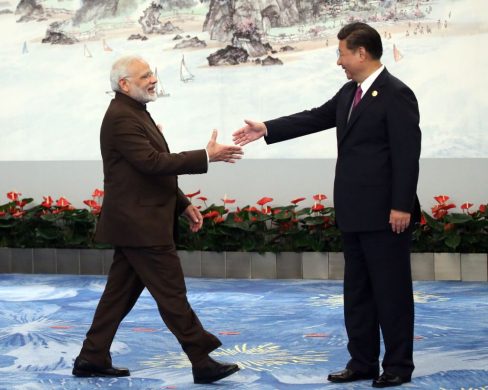Mens presset på verdens vandressourcer stiger, står det stadig mere klart, at landbruget spiller en nøglerolle, gør FNs Fødevare- og Landbrugsorganisation (FAO) gældende
BONN, 17 November 2011: Agriculture will be key to the implementation of sustainable water management, the UN agency told attendees at an international meeting on water, energy and food security being held in Bonn.
Speaking on the sidelines at the Bonn 2011 Nexus Conference, FAO Assistant Director-General for Natural Resources, Alexander Mueller, said:
“Tackling the challenges of food security, economic development and energy security in a context of ongoing population growth will require a renewed and re-imagined focus on agricultural development. Agriculture can and should become the backbone of tomorrow’s green economy.”
The conference in Bonn has been convened by Germany’s Federal Ministry of Economic Cooperation and Development as a lead up to the UN’s “Rio+20” Conference on Sustainable development in June 2012.
It brings together leading actors in economic development, natural resource management and environmental policy and the food and energy sectors to look for new approaches to managing the interconnections between water, energy and food.
Holistic vision, sectoral solutions
FAO estimates that to feed a world population expected to number around 9 billion people in 2050, global food production will need to be increased by 70 percent. Global energy demand will increase by 36 percent by 2035, and competition for water between farming, cities and industry will continue to intensify as a result.
“It is time to stop treating food, water and energy as separate issues and tackle the challenge of intelligently balancing the needs of these three sectors, building on synergies, finding opportunities to reduce waste and identifying ways that water can be shared and reused, rather than competed for,” Mueller said.
Agriculture at the center of the nexus
According to Mueller, agriculture lies at the centre of the “water-energy-food nexus. “When you start looking at the issue of how we are going to provide food, water, light, heat and other services and products for 9 billion people, it becomes quite clear that agriculture is perhaps the linchpin of everything,” he said.
“If we have the political will and farsightedness, we can make agriculture the engine of tomorrow’s green economy. Climate-smart farming systems that make efficient use of resources like water, land, and energy must become the basis of tomorrow’s agricultural economy.”
According to FAO, while bionergy offers a potential source of cleaner energy, production of biofuel crops must be undertaken in a way that promotes rural growth and provides smallholder farmers and rural workers with employment opportunities while minimizing potential environmental impacts.
Additional information on FAO’s “hot issue” sessions can be found online on http://www.fao.org/nr/water














